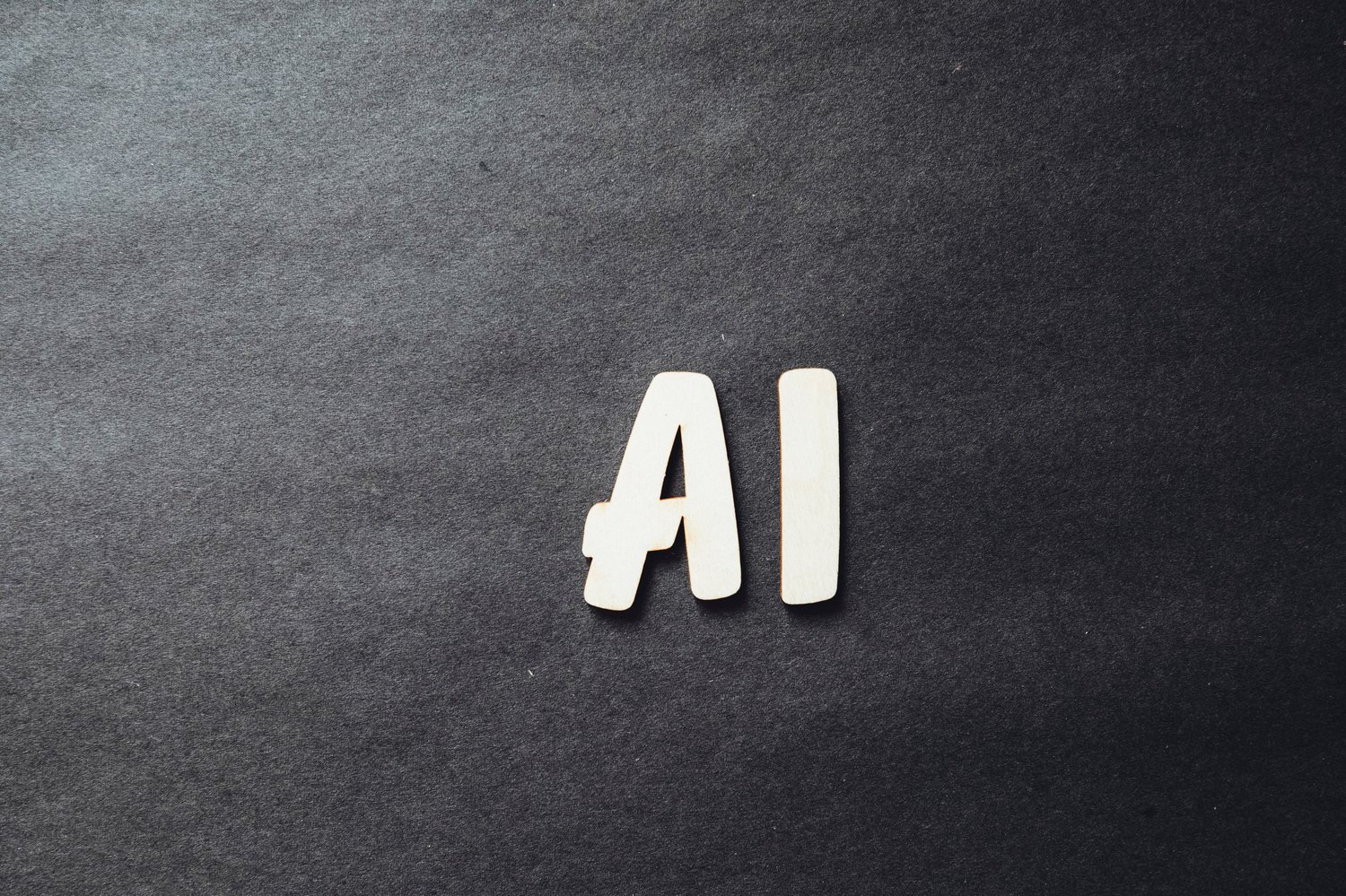Hello Dear Reader,
I have a thought provoking blog for you today.
Artificial intelligence (AI) has made its way into headlines recently in some very exciting and unprecedented ways, including the realm of literature. As authors explore new tools and techniques to enhance their creativity and streamline their writing process, tools such as editing software with spell and grammar check imbedded in various writing programs to more sophisticated tools that check for plagiarism and the overuse of a particular word. Many of these tools are used by us in our everyday lives that may have nothing to do with crafting a novel or non-fiction book. If you have used any word processing program, you have used an AI assisted feature like the spell check mentioned above. AI technology has evolved and recently emerged as a powerful ally. In this blog post, we will delve into the fascinating world of AI-assisted authorship and examine the perceived impacts it has on readers.
AI-assisted writing such as language models and text generators, have empowered authors to push the boundaries of their imagination. By leveraging AI algorithms, writers can generate ideas, overcome writer's block, and even co-create characters and plotlines. This newfound creative freedom has led to the birth of unique narratives and innovative storytelling techniques that captivate readers in unprecedented ways.
As I am sure you are aware writing a book is a complex and time-consuming endeavor, a true labor of love. By reducing mundane tasks and offering real-time suggestions, AI allows authors to focus more on crafting engaging narratives, ultimately enhancing the reading experience.
But what about the readers? AI algorithms are reshaping the way readers discover new books. With the help of machine learning and natural language processing, AI can analyze readers' preferences, browsing history, and reading patterns to provide highly personalized book recommendations. By tailoring reading suggestions to individual tastes, AI enables readers to explore a vast array of titles and genres, fostering a deeper engagement with literature. For example, you have a favorite author and you have read all the books in a particular series, but what do you do while you wait for that next book? Perhaps you look for something similar, you search on the web, look for recommendations from friends in your online readers group or you can seek AI assistance based on your reading preferences.
With the numerous benefits of AI, it is essential to acknowledge potential challenges and ethical considerations. Some critics argue that relying too heavily on AI may compromise the authenticity and uniqueness of an author's voice. This is less of a concern I believe because you must feed an AI information to receive a response. An AI cannot write a novel on its own. An author must provide parameters, nuisance to the story, and human emotion to name just a few elements of the creative process. Additionally, questions surrounding copyright and intellectual property arise when AI-generated content blurs the lines of authorship. Balancing the use of AI as a tool while preserving the integrity of the human creative process remains an ongoing discussion in the literary community and one that is important. Having worked with intellectual property issues in the past as it related to academic research, this is a valid discussion regardless of the source of the work, whether it be human, or machine generated.
As AI continues to evolve, its role in literature is likely to expand further. From AI co-authored novels to interactive storytelling experiences, the possibilities are endless. However, it is important to maintain a human touch in storytelling, as readers often crave the emotional connection that comes from the human experience. Striking the right balance between AI and human creativity will be crucial in shaping the future of literature.
The integration of AI in authorship is transforming the way writers create and readers experience literature. AI tools offer new avenues for creativity, streamline the writing process, and enable personalized reading recommendations. While challenges and ethical considerations persist, the future of AI in literature holds immense potential. As a reader, would you welcome AI assistance in finding new authors and books to read? Do you actively use AI tools to help you in your daily life or as a reader? Does the thought of the new advances in AI technology excite or frighten you? Hopefully, I’ve given you some positive uses for AI, that you can think about and perhaps use yourself.
Photo by Markus Spiske on Unsplash


